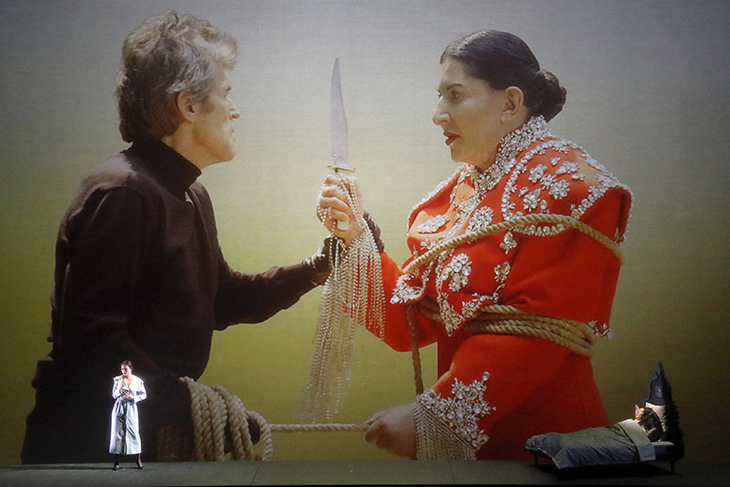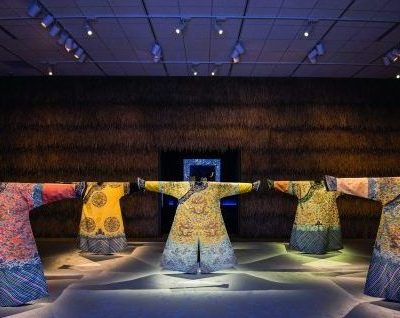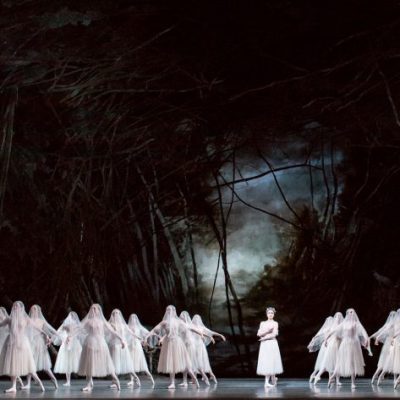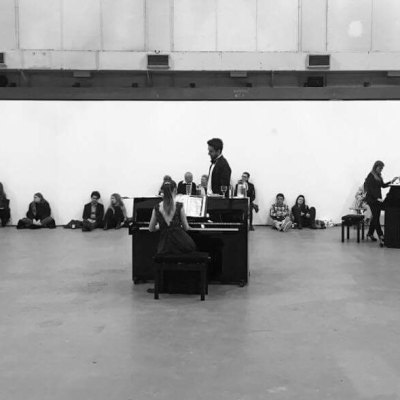Introducing Rakewell, Apollo’s wandering eye on the art world. Look out for regular posts taking a rakish perspective on art and museum stories
Lockdown meant the postponement of The 7 Deaths of Maria Callas, Marina Abramovic’s long-awaited collaboration with the Bavarian State Opera. The artist’s tribute to the great opera singer has finally come to the stage, however – and can be seen online for the next month, starting from 7 September.
But what kind of tribute it is? Abramovic spoke to the New York Times earlier this year of her lifelong fascination with the soprano. The artist was floored, at the age of 14, when she first heard Callas on the radio and then, ‘Later on, I knew everything about her. I read eight biographies, all of them, and there was so much similarity that I see in myself. We are Sagittarius, the same; we had bad mothers. And then, also, this incredible intensity in the emotions, that she can be fragile, and strong at the same time.’
Star signs aside, what of the work at hand? ‘Opera’ may not be the right description; perhaps singspiel is closer to the mark? While a succession of young sopranos sing arias from operas with which Callas is closely identified – with the addition of new passages of music composed by Marko Nikodijevic – a series of films play as backdrops. Inspired by Callas’s tragic death, alone in her apartment in Paris in 1977, Abramovic dies in one scenario after the next. Instead of being strangled by Otello, for instance, Abramovic’s Desdemona is crushed by a hefty python. And in each film, Willem Dafoe – harking back to his days as a leading light of experimental theatre – plays a stand-in for Aristotle Onassis, whose marriage to Jacqueline Kennedy crushed Callas. As each singer takes their turn, Abramovic lurks on stage all the while, kitted out (as she is in the films) in an outfit designed by Riccardo Tisci, formerly of Givenchy and now heading up Burberry.
Despite the combination of film, performance art, set design and singing Abramović has brought to Bavarian State Opera, Rakewell wouldn’t go so far as to call this a Gesamtkunstwerk: the absence of some Florence Foster Jenkins-style hijinks is somewhat disappointing. At no point does Marina Abramovic sing. While this may be one mark of respect towards Callas, your correspondent finds much of the artist’s identification with the singer rather mawkish. Besides, a few minutes with a recording of Tosca or Norma should make it clear that Callas still lives.
Got a story for Rakewell? Get in touch at rakewell@apollomag.com or via @Rakewelltweets.




